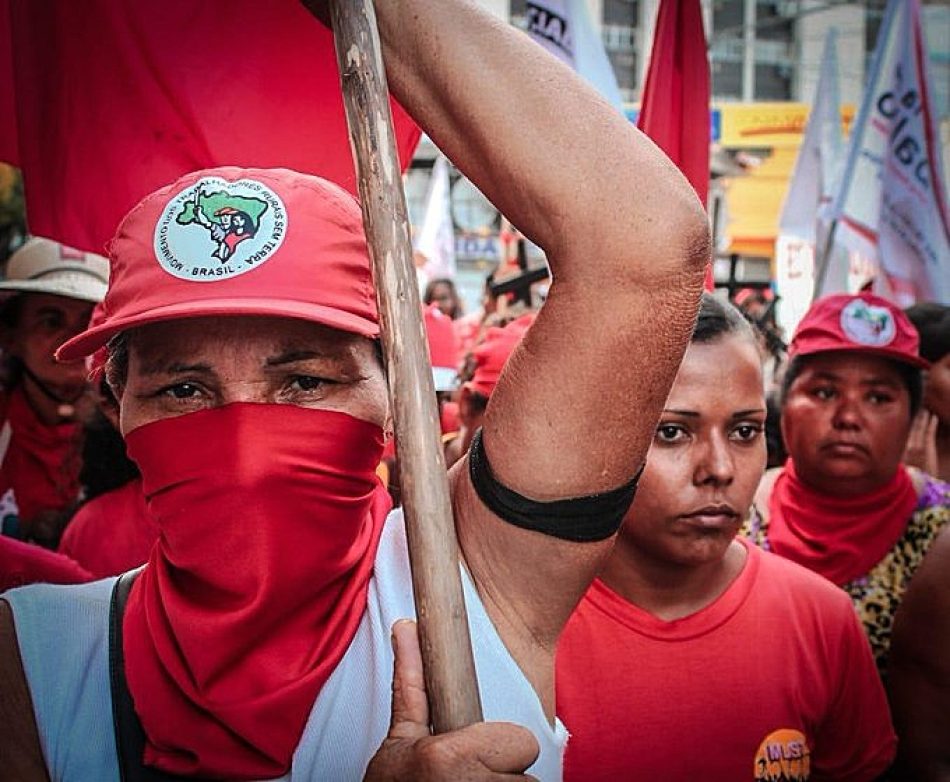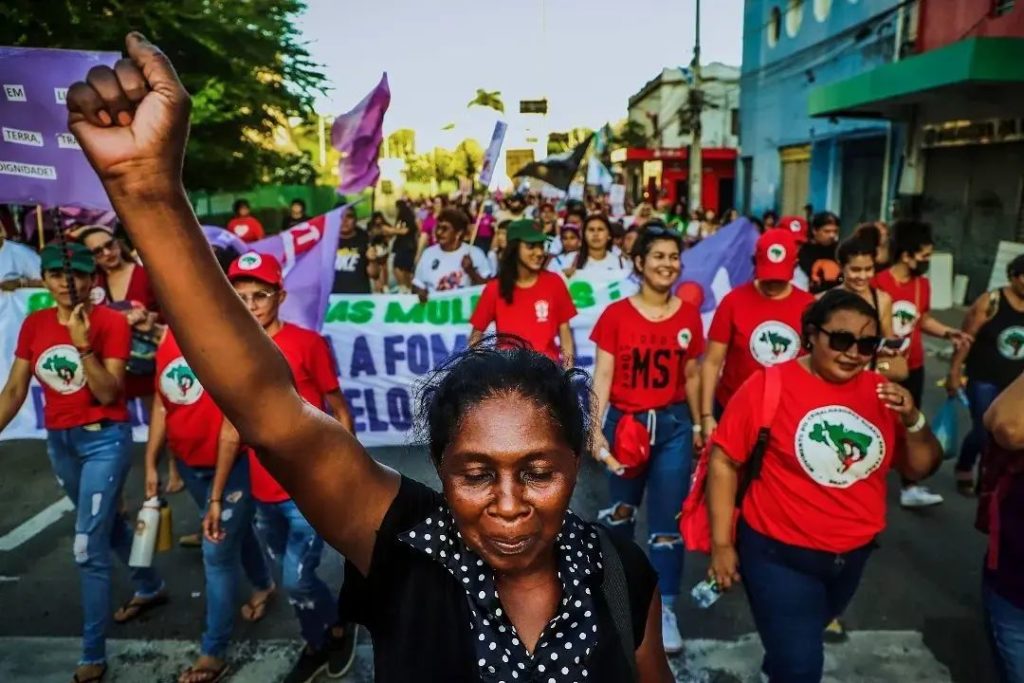Mundukide seeks the transformation towards fairer and more self-managed people and societies in all areas, including gender relations, it must take this last area especially into account in the development of the people who make up this project.
We are aware that we start from structures that generate and perpetuate inequality between men and women and not satisfied with this, we believe that these structures that generate and perpetuate inequalities must be transformed. For this reason, the mainstreaming of the gender approach must be present in our actions inside and outside, placing special emphasis on making these inequalities visible and providing means to reverse them.
Mundukide’s gender policy will be marked by the facilitation and promotion of equality between men and women, offering the necessary opportunities and facilities for this purpose.
Mundukide’s gender policy is defined under these criteria:
Equity: both in the presence of men and women and in the different levels of responsibility. An equal participation of men and women will be sought both in the foundation and in the products or actions that it carries out. This participation in equity will be sought both in number and in representation of reality, promoting that in decision-making spaces the composition of the bodies is in accordance with the reality that they intend to represent.
Non-discrimination: based on sex in hiring, promotion, distribution of tasks, remuneration or in any other aspect. The mechanisms provided for this are the definition of positions and adaptation of the profile without distinction based on sex. Likewise, measures will be sought to gradually eliminate indirect discrimination that may arise in equal participation for reasons of time reconciliation or other aspects.
Specific positive actions: Exceptionally and in cases in which there are explicit inequalities regarding the participation or presence of either sex in the foundation’s spaces, or due to contextual requirements of a similar nature, positive actions will be launched that guarantee or help achieve greater equality.
Transversal incorporation of the gender approach: in all areas of work, both at the institutional and executive levels, as well as in the development of intercooperation projects.
Facilitation of spaces and processes for reflection and training: introducing a culture of continuous improvement in favor of gender equality.
Positiong
Starting from the premises that are detailed below, we believe that the process of organizational change that is intended to be promoted through this Institutional Policy is of the utmost importance for the present and future of Mundukide.
The analysis of the approaches and the conceptual framework from which the organization and each of its members approaches development, gender relations and the relations between these two aspects offer us the keys to understand the scope of the need to implement processes of change in the organization.
Developing
At Mundukide, cooperation is synonymous with exchange. This is specified in the intercooperation system that was launched in 2001 together with other agents from the Mondragon area (university and cooperatives) and from the South, and which aims to establish a bidirectional flow of experiences, learning and tools.
Based on this logic, and to be consistent with this intercooperation system and the work carried out on the ground, we believe it is convenient to consolidate the pro-gender equity process in the north. This will make it possible to open transformation spaces in the south and in the north simultaneously.
Gender relations
The gender approach is perfectly consistent with the values that the Foundation supports and promotes: solidarity, work and social transformation. The latter is defined as follows: “At Mundukide we seek transformation towards people and societies that are fairer and more self-managed in all areas, including gender relations. From this perspective, autonomy is essential for each person, group and people to decide the model of society that they want to achieve”. The incorporation of this perspective will condition the possibility that these values reach their full development.
In addition to relevance, we emphasize the opportunity to incorporate the Gender Policy and the Gender Strategy into the Strategic Plan. As mentioned above, in Mundukide and its closest environment (the other agents of the Intercooperation system) there is a clear awareness of the need to incorporate this perspective. To this must be added that the process of strategic reflection has brought out the need to review the ways of doing and behaving, as well as to lay the foundations to systematically and comprehensively integrate this perspective.
Gender and development
Gender and development are two closely related and interdependent concepts. Gender relations influence development processes and vice versa, in such a way that it is assumed that there are no gender-neutral actions. That is why it is important to work consciously with this perspective.
More specifically, Mundukide’s scope of action, the promotion of self-managed socioeconomic initiatives, is a privileged space for promoting equitable gender relations. In this sense, the impact in terms of real empowerment of women can reach important levels to the extent that these initiatives allow participation, access and control of resources as well as the development of technical and social skills for women. However, we are aware of the difficulty and challenge of working with a gender approach in a business environment traditionally dominated by men.
The cooperative business formula (based on democracy and participation in its internal aspect and on social commitment in its external dimension), enables the economic autonomy of women and their capacities for participation and leadership.
As far as the external dimension is concerned, the participation and leadership of women in the cooperative enterprise, as a key agent of local development and inserted in a territory or community, has great potential for social impact.
Only from a commitment to equal gender relations will socio-business organizations and the communities in which they are inserted be able to achieve growing quotas of self-management and become true protagonists of their own development.

